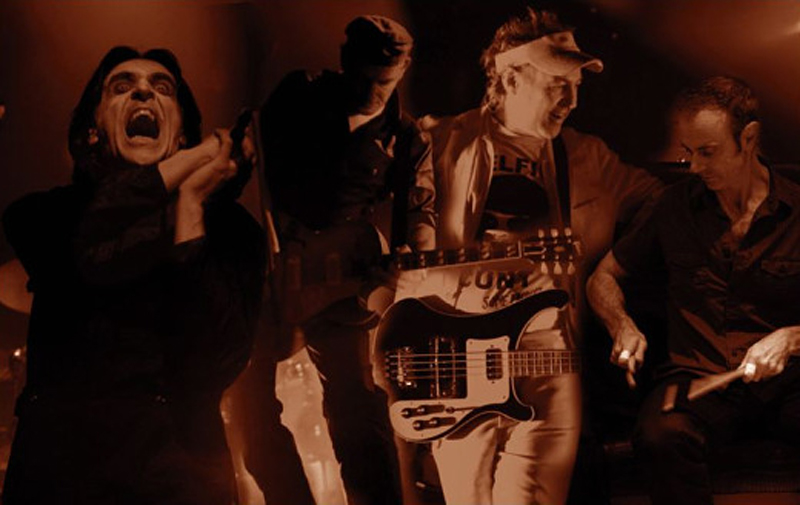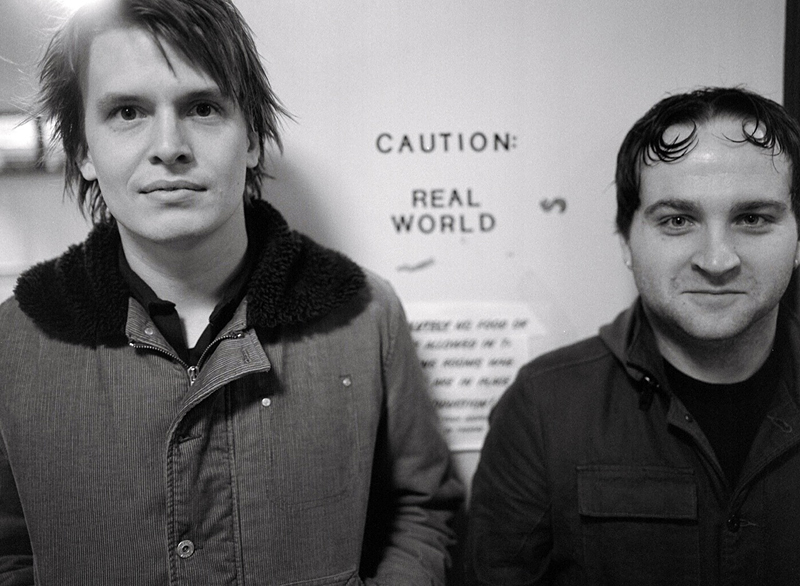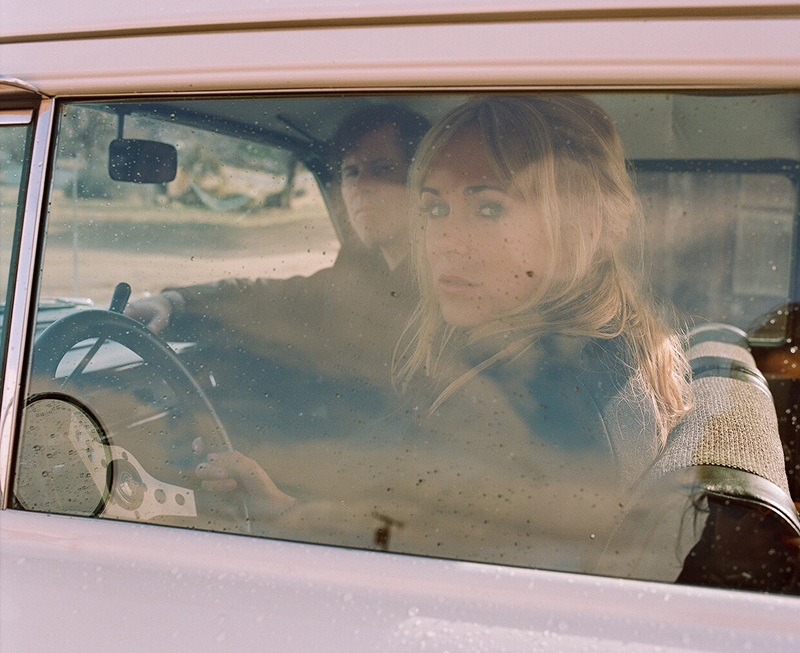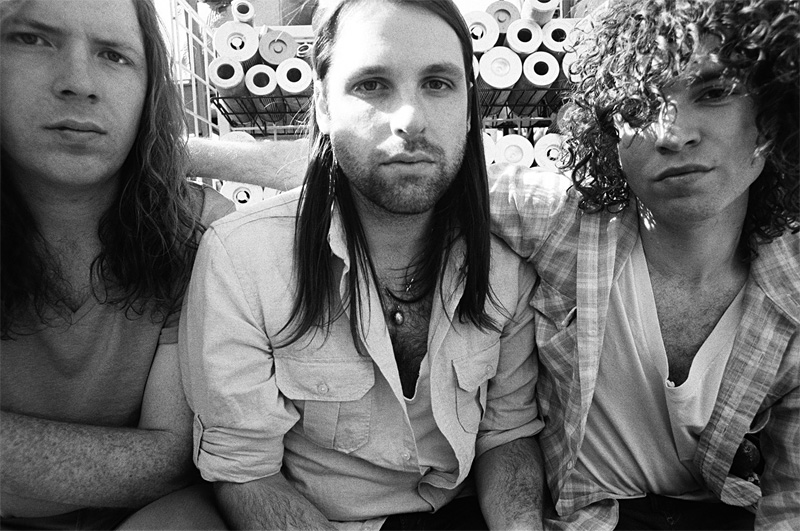Eclectic, prolific, eccentric, acerbic, enigmatic, virtuosic . . . the late Frank Zappa is a true American legend. And much of his music is legendarily intricate and more than a little deranged, which is why it took his son Dweezil, 37, two full years to learn just a small segment of his father’s extensive, oft-bewildering catalog for his current Zappa Plays Zappa tour. Backed by a six-piece band and abetted by guest appearances from three of his dad’s old sidemen—Steve Vai, Terry Bozzio, and Napoleon Murphy Brock—Dweezil has spent the greater part of this year celebrating Frank’s legacy with three-hour multimedia performances. We recently caught up with him over the phone from his Los Angeles home.
Seattle Weekly: With more than 70 albums’ worth of material to choose from, how did you decide what Frank songs to put in the set?
Dweezil Zappa: I just really want to select songs that I feel speak for themselves in terms of showing what made Frank different than everybody else as a composer, as a bandleader, as an overall musician. It’s his work, done with every detail possible—we go through this stuff with a fine-tooth comb, down to trying to re-create the exact same sounds from the instruments from the era that we’re pulling the songs from.
Were there notes and transcriptions to help you out?
Some of these songs that are from records like Apostrophe or Overnite Sensation—things that have musical interludes that are sophisticated and complex—those usually have some sort of transcription to them. But there are some songs that weren’t played that frequently, so they don’t. Take a song like “Cheepnis,” from Roxy & Elsewhere, with those crazy little bits that are like monster music—there was nothing on paper anywhere for those things, so that meant a long time of figuring it out and making sure that it sounds like it’s supposed to.
In a way, it seems like you were destined to do a tour like this sooner or later. . . .
Well, I thought about doing this a long time ago, but it required really having the knowledge necessary to approach it the right way, and, I mean, I really had to immerse myself in the music. I had to change my whole style of guitar playing. It’s one of those things where when you start, it’s such a Sisyphean task, you know, you’re pushing that rock up the hill thinking, “Uhhhh, I dunno if I can ever get there!” But in the back of my mind, I always knew it was possible.
This is obviously a very personal undertaking—does focusing on all the technical stuff help keep your mind off the more emotional aspect of playing your dad’s music?
Well, when you get onstage and start seeing peoples’ reactions to stuff, and then certain melodies hit you like a ton of bricks . . . there are certain songs I have a hard time playing without getting emotionally overwhelmed. Like “Sofa,” for example. Frank used it as a show closer, and the melody of it is such a beautiful melody, there’s plenty of times when the whole band is in tears.
Have the audiences been supportive?
Oh, definitely. But when we started out, there was a totally different atmosphere surrounding the tour. I think it was more the crossed-arms, “show me what you got” thing. That’s what the majority of the stuff on message boards was. Like, “Oh man, I’m not gonna see that, it’s gonna suck, that’s just some spoiled rich kid just trying to ride Frank’s coattails.”
Was it difficult reading that stuff, or did it just roll off your back?
The thing about it is, knowing the effort I put into it, I knew that as soon as I was onstage and the band was heard by an audience, there was no way anybody could say that stuff. So I wasn’t affected by it because it was just ignorance. I mean, it’s not me trying to replace him or pretending to be him or anything like that. It’s just an opportunity to hear Frank’s music being performed the way it should be performed. My job is to present his music in a way that’s as authentic and accurate as possible, and give people an opportunity to experience it—in some cases for the first time—and, hopefully, want to dive in to more of his music.








